#Germany
Extensive Probing Continues In Germany
While companies are often found guilty of sketchy and illicit behavior, it’s becoming increasingly difficult not to feel some measure of sympathy for German automakers. The same goes for the government officials whose job it is to repeatedly raid the homes and offices of people employed by those manufacturers. Once gain, German prosecutors have searched both Volkswagen and BMW over diesel-related shenanigans.
Volkswagen saw 13 of its offices raided in Wolfsburg throughout the month of March. Braunschweig-based authorities seized physical and digital files in the hopes of catching the automaker in a lie from 2015. At the time, VW claimed an in-house investigation found it had understated fuel consumption and carbon dioxide emissions on no more than 36,000 vehicles. Considering the diesel emissions scandal affected far more vehicle than this, as well as the company’s much higher earlier estimate, prosecutors hope to catch the company out.
Meanwhile, BMW saw its facilities searched over suspicions that it employed a defeat device to circumvent diesel emission testing. The automaker said authorities were looking into “erroneously allocated” software on the BMW 750d and BMW M550d.
Paranoid of the Government? BMW's Got Your Back
As sometimes happens, there’s a war brewing in the heart of Europe. This one isn’t like the others, though — instead of nation versus nation, it’s a case of lawmakers versus privately owned vehicles, primarily those of the diesel persuasion.
So eager are some city governments to ban the operation of diesel-powered cars and trucks in or near urban centers, BMW Group has taken the unusual step of issuing a promise. In a bid to allay fears of new (or newish) vehicles becoming useless to their owners, the automaker claims it will let German lessees return their diesel vehicles and switch to a gas-powered model.
Don’t worry about the government, BMW wants its customers to know. Just enjoy that compression ignition engine while you can.
Rare Rides: The DKW Wagon From 1962 - Deceptive Geography (Part II)
Last time, in Part I of this DKW wagon’s saga, we covered a condensed history of the Audi marque. From its inception as Horch, through separation, renaming, and merger into the Auto Union fold, Audi wavered along unsteadily. The company even performed a vanishing act between 1940 and 1964.
In the middle of all this history is our Rare Ride, a tidy DKW wagon from 1962. But all is not as it seems.
Rare Rides: The DKW Wagon From 1962 - History Time (Part I)
A little grey wagon popped up on my radar the other day, presenting the perfect opportunity to write about DKW, Audi, and Auto Union for the first time. Those familiar rings on the hood are paired with the DKW shield and an Auto Union badge, but eventually all would separate. A few short years after this wagon was produced, the Audi rings stood alone for the first time in many decades.
This is Part One of a two-part entry into the Auto Union world of DKW and Audi.
Trump is Talking Tariffs Again, Takes Aim at European Cars
President Donald Trump amplified his earlier threat of a global trade war this weekend by suggesting he would impose a tax on European cars if the EU countered his proposed steel and aluminum tariffs. On Thursday, Trump called for a 25 precent import tariff for steel and a 10 percent fee on aluminum in the hopes it would bolster those industries domestically. Europe responded by threatening a tax on imported bourbon, blue jeans, and American motorcycles. Apple pie and baseball were not mentioned, but you get the idea.
European Union officials clearly wanted to send a message to the president to back down. Instead, he came back even harder in a tweet from Saturday. “If the E.U. wants to further increase their already massive tariffs and barriers on U.S. companies doing business there, we will simply apply a Tax on their Cars which freely pour into the U.S.,” he wrote. “They make it impossible for our cars (and more) to sell there. Big trade imbalance!”
Fiat Chrysler Was in Geely's Sights Before Daimler Deal: Report
After last week’s announcement of a $9 billion Daimler stock buy-up by China’s Geely Group, an old story is once again rearing its head. Remember last year’s buzz surrounding a possible takeover of Fiat Chrysler Automobiles? The rumors CEO Sergio Marchionne subsequently refuted? Yes, that story.
A new report claims Geely did indeed give FCA the once-over, even engaging in preliminary talks. Obviously, this first date went nowhere, as Geely now owns nearly 10 percent of German auto giant Daimler, not the maker of Jeeps and Rams.
German Court Says Towns Can Officially Ban Diesel Vehicles Whenever They Want
Thanks to years of governmental promotion, Europe is still awash with diesel-powered passenger vehicles. However, in the wake of emission scandals and research suggesting diesel fumes might not be all that great to inhale, the region has changed its mind. It has gotten to a point where entire countries are now aiming to ban all internal combustion engines as local municipalities try to put the kibosh on diesels as soon as possible.
In Germany, birthplace of the diesel engine, this led to many asking if towns even had the right to regulate what people drove. According to a recent ruling from the nation’s highest administrative court, they absolutely do. With a precedent now set in Europe’s auto manufacturing hub, citywide diesel bans are likely to catch on — not only in Germany, but across the continent. Our condolences if you’re living east of the Atlantic and wanted to sell your diesel secondhand.
Can Automakers Convince Germany to Skip the Pending Diesel Bans?
Europe’s love affair with diesel engines is fading faster than a VHS tape left sitting beneath the summer sun in a car’s rear window. Encouraged by automakers, European governments incentivized diesel cars in the 1990s by taxing them at a far lower rate and suppressing the price of the fuel they burned. Studies came out claiming that diesel’s below-average CO2 emissions could even help with air quality. By 2012, diesel models made up 55 percent of Europe’s passenger vehicle market.
Things certainly have changed. Now concerned primarily with smog-producing NOx output, health and safety advocates have called diesel a menace to society. The EU has been pressing automakers to abandon the fuel by adopting much more restrictive emissions regulations for passenger cars. Volkswagen’s emission scandal further complicated things, prompting cities to call for a total ban on certain vehicles.
However, Germany still has to decide whether the mandates are even legal — and the decision comes this Thursday.
Rare Rides: A 1988 Porsche 959 for Over One Million Dollars
Silver on the outside, and multi-shaded maroon on the inside, this Porsche 959 is the most expensive car we’ve featured in the Rare Rides series to date. What do you get for $1.25 million dollars, aside from service visits costing $100,000?
As you prepare to sell off your mixed security holdings, let’s find out.
Whoops: Mercedes-Benz Diesel Probe in U.S. Uncovers Possible Defeat Device
U.S. investigators have found what could be illegal software modifications on Mercedes-Benz diesels intended to help the vehicles pass emissions testing. An engine management function called Slipguard recognized whether the car was undergoing testing procedures while another, called Bit 15, halted emissions cleaning after roughly 16 miles of driving. Together, the two pieces of software may amount to what is known within the industry as a “defeat device.”
When paired the software apparently enabled the cars to produce NOx levels up to 10 times higher than what is legally permitted. Interestingly, Mercedes-Benz issued a voluntary recall upon roughly 3 million European cars last month to reduce nitrogen oxide emissions by tweaking their electronic control units.
Mercedes-Benz to Preview New Police Vehicles in Germany, Promises They'll Be 'Electrifying'
Daimler will be present at this week’s General Police Equipment Exhibition & Conference to showcase its new law enforcement units. While Mercedes-Benz patrol vehicles are fairly common in the fatherland, Daimler may be seeking to broaden appeal within Europe and beyond. Don’t expect a sudden rush of imported squad cars for North America, however.
The only possible exception would be the Sprinter van. The NYPD currently fields a large number of E-Series vans as “Paddy wagons” but has started replacing them with the Ford Transit and Mercedes-Benz Sprinter. The city also uses Smart ForTwos as parking enforcement. Likewise, the LAPD has also expressed an interest in adopting the Sprinter as a transport vehicle but chose the BMW i3 as its small unit intended primarily for virtue signaling.
German Automotive Industry Coping With Widespread Strikes
With the UAW currently coping with a high-profile corruption scandal in the United States, news of Germany’s widespread auto strikes has taken a backseat in domestic media. Last Friday, IG Metall concluded its third day of striking against Mercedes-Benz, Ford, Porsche, Audi, VW, and BMW.
However the 72-hours of downtime may only be the appetizer in the German union’s strike-buffet. While both IG Metall and the manufacturers have expressed a willingness to resume talks on Monday, the union remains on the cusp of a vote that could extend striking indefinitely. Here’s why they are so pissed:
Rare Rides: The 1991 BMW Bertone Freeclimber, or BMW's First Actual SUV
We’ve been on a bit of a continental streak lately here at Rare Rides. First, the Cadillac Allanté showed us American engineering with Italian design. Then, the Gordon-Keeble coupe from 1965 mixed British creativity and funding with Italian and American components.
Today we’ve got a different trifecta: A Japanese design, rebodied by the Italians, then powered by a German engine. Open up some shampanya, and let’s learn about the Freeclimber.
QOTD: What's Your Favorite German Car From the 1990s?
Ah the Nineties. Lots of cylinders, reliable new technology, and wide-track styling. But enough about Pontiac and the 3800 V6, because we’re talking today about German cars from the era.
Which German vehicles from the best decade really caught your eye?
Buy/Drive/Burn: Three Luxury Coupes to Deplete the Wallet
Last week we introduced a new series to TTAC called Buy/Drive/Burn. A rather comprehensive set of instructions (and an example) was given in order to prepare you for the upcoming entries into our new game. If you haven’t read that primer, go do so now. This week is the first real entry for Buy/Drive/Burn and, like the example post, we’re sticking with luxury.
Your three options to purchase, borrow, and set on fire are all luxury coupes costing over $100,000.




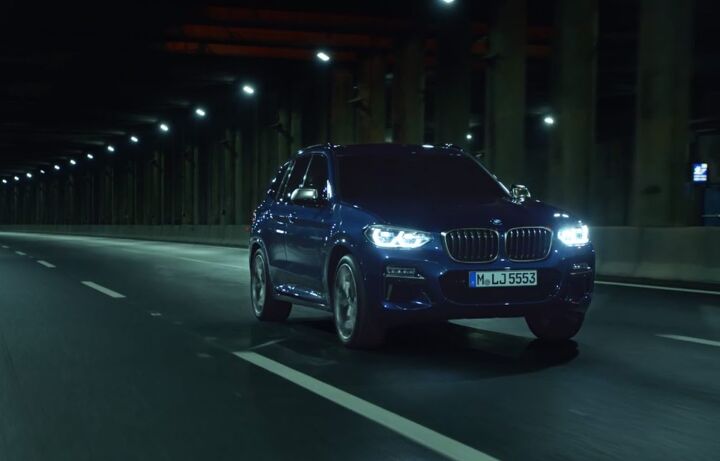


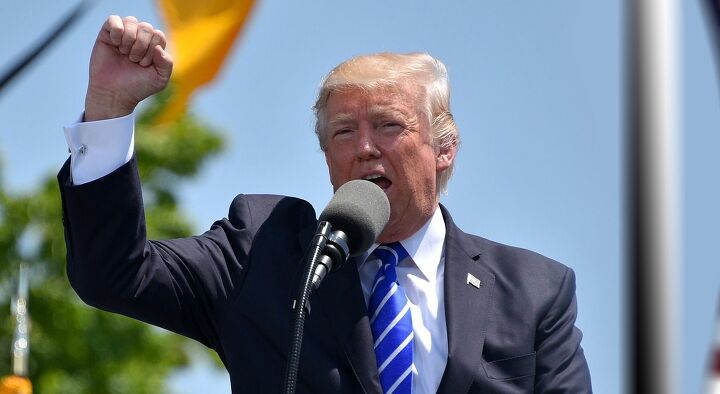
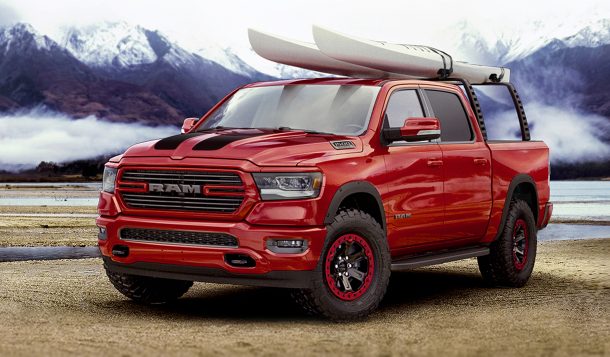
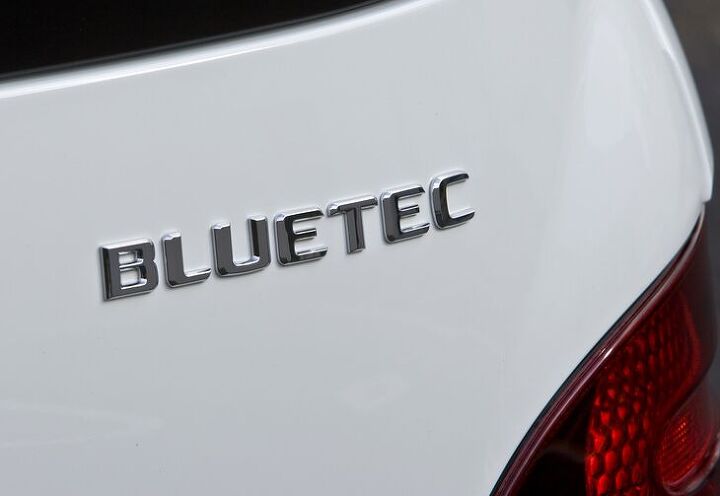

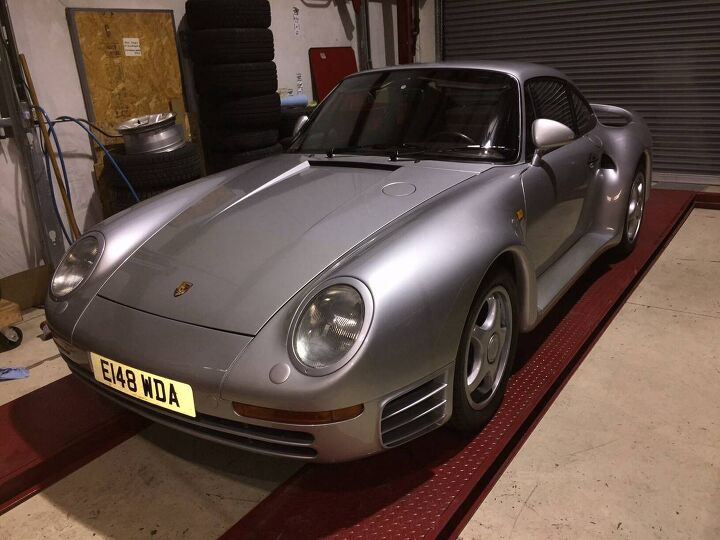

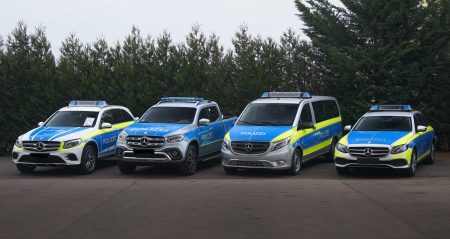
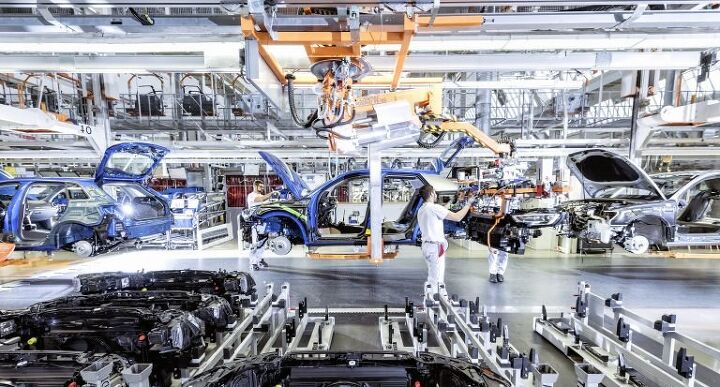
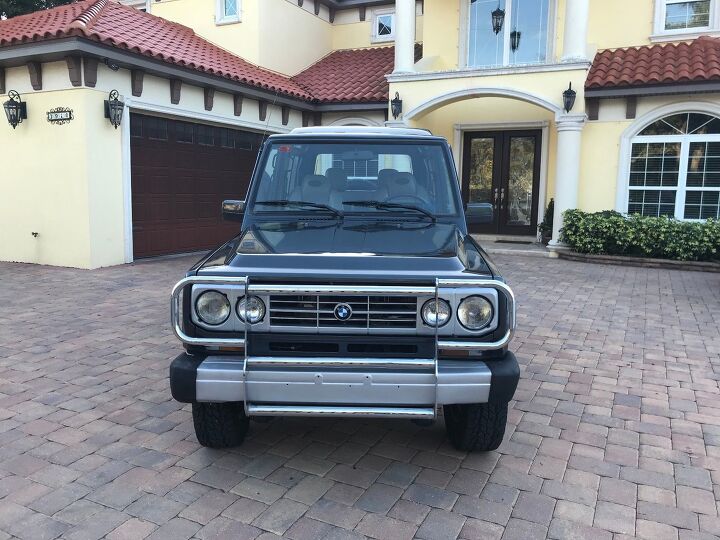

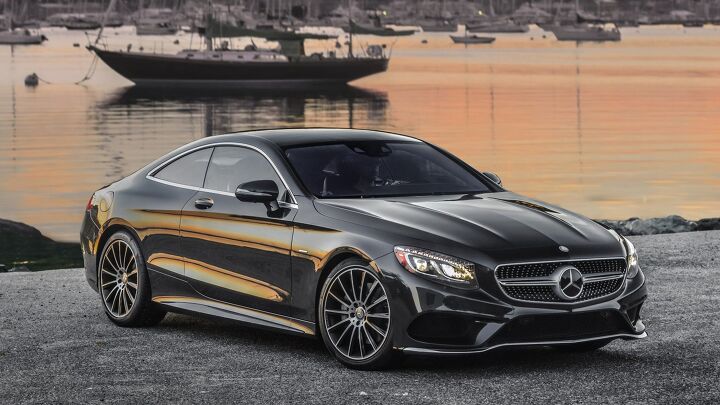











Recent Comments